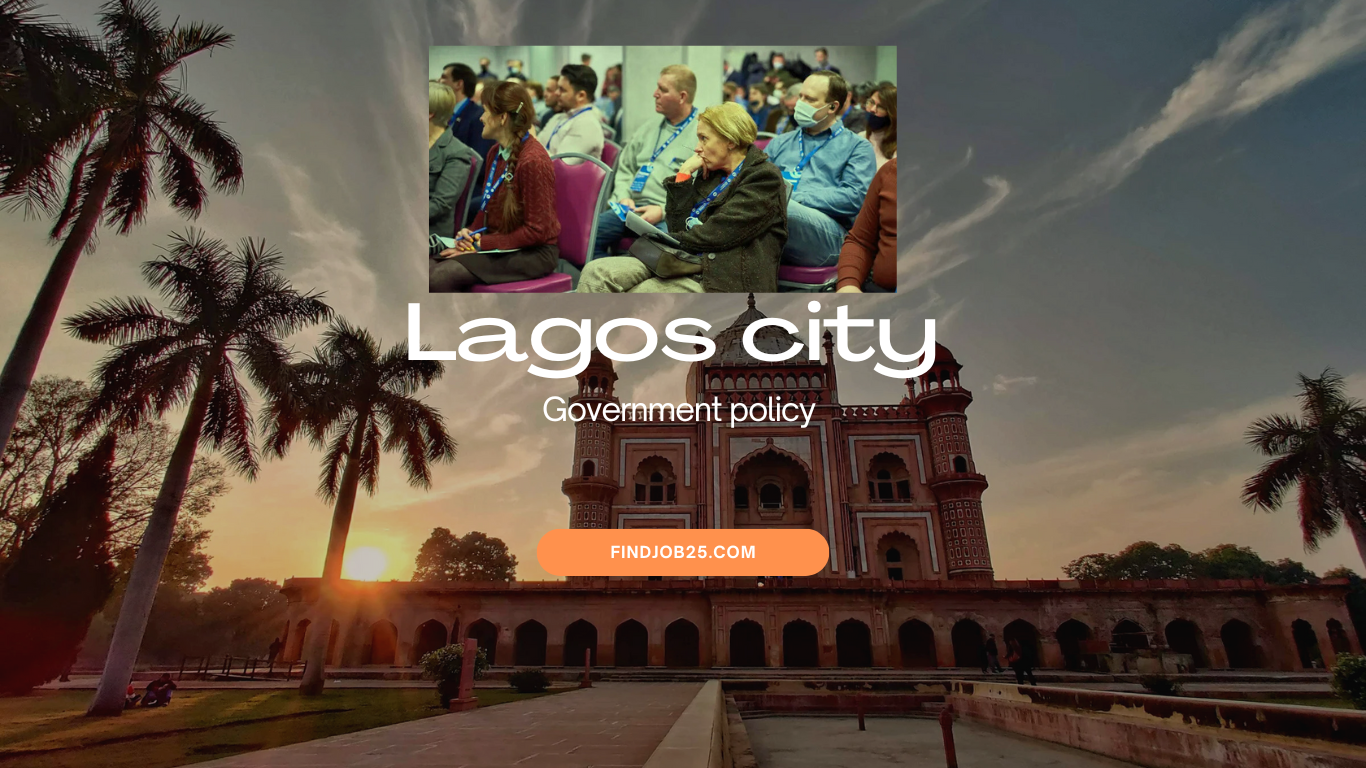Understanding the Political Landscape of Egba Local Government
The political landscape of Egba Local Government, situated in Lagos State, is characterized by a rich historical context and a dynamic governance structure. Established as part of the local government reforms in Nigeria during the 1970s, Egba Local Government has evolved to become a significant player within Lagos’ broader political framework. It plays a crucial role in local governance, serving its constituents through various administrative functions and initiatives aimed at community development.
Egba Local Government is governed by a council elected by the community, which comprises a chairman and councilors representing different wards. This governance model fosters democratic participation and allows residents a voice in local administration, reflecting a microcosm of Nigeria’s political system. The council is responsible for decision-making processes, resource allocation, and the implementation of policies that address the needs of the populace.
In terms of political affiliations, Egba Local Government has experienced a plethora of political parties shaping its governance. Dominantly, parties such as the All Progressives Congress (APC) and the People’s Democratic Party (PDP) have influenced political decisions and electoral outcomes. Key political figures often emerge from these parties, impacting policy directions and community initiatives. The participation of various stakeholders, including traditional rulers and community leaders, also plays a significant role in the local political scene.
Demographically, Egba Local Government reflects a diverse populace that encompasses various ethnicities, cultures, and socio-economic backgrounds. This diversity influences political representation and necessitates equitable policy-making to cater to the multifaceted needs of its residents. In this context, understanding the political landscape of Egba Local Government provides essential insights into local governance dynamics and sets the stage for a deeper analysis of the nuances of local politics in Lagos State.
Key Political Issues and Challenges in Egba
The Egba Local Government in Lagos State faces a multitude of political issues that are pivotal to its development and governance. One of the primary challenges is infrastructure development. As urbanization progresses, the need for improved roads, transportation systems, and other essential infrastructure becomes paramount. Current inadequacies in these areas not only hinder economic growth but also affect the quality of life for residents. The local government’s strategies to address these infrastructure issues have often been critiqued for their effectiveness, leading to questions about prioritization and funding allocation.
Healthcare is another pressing concern within Egba. Access to quality healthcare services remains a significant challenge, exacerbated by a lack of facilities and qualified personnel. The local government has implemented various health initiatives; however, these have often fallen short of meeting the population’s needs. The emphasis on public-private partnerships as a solution presents both opportunities and obstacles, especially in ensuring that the most vulnerable populations are not excluded from receiving care.
Education in Egba also faces substantial challenges, notably in terms of funding, resource allocation, and access to quality teaching. The local government has recognized the importance of educational development and has initiated programs aimed at improving school facilities and teacher training. However, issues such as overcrowded classrooms and insufficient educational materials persist, raising concerns about the overall effectiveness of these interventions.
Public safety remains a critical political issue, with the local government grappling with crime rates and the effectiveness of law enforcement agencies. Residents often express concerns about their safety, prompting the government to explore community policing and other strategies to enhance security. The interplay between political will, community engagement, and resource allocation will ultimately determine the success of these efforts to address the challenges faced in Egba Local Government.
Influence of Traditional Institutions on Political Decisions
Within the political landscape of Egba Local Government, Lagos State, traditional institutions hold significant sway over various political decisions. The historical significance of these institutions can be traced back to pre-colonial times when chieftaincy and local governance were intertwined. The presence of traditional leaders, such as the Alake of Egbaland and other notable figures, has played an instrumental role in shaping not only local governance but also community identity and cohesion.
These leaders often act as intermediaries between the people and contemporary political entities, facilitating communication and negotiations in communal affairs. Their deep-rooted knowledge of local customs and traditions provides them with a unique perspective, which enhances their credibility as custodians of community values. This authority allows traditional leaders to influence political outcomes effectively, guiding decision-making processes related to resource allocation, conflict resolution, and social welfare programs.
The interplay between traditional authority and modern political systems is evident in various governance strategies employed within the region. Traditional institutions often engage with local government officials to ensure cultural relevance in policy-making. Their involvement is crucial in areas such as land disputes, where traditional practices often dictate resolution methods, ensuring that decisions resonate with local customs and expectations.
However, this influence is not without complexities. As modernization continues to permeate governance structures, the role of traditional institutions faces challenges, particularly in maintaining relevance and authority. The dualism of traditional and modern political frameworks sometimes leads to tension, as local leaders navigate their roles amidst evolving political dynamics. Nonetheless, the enduring influence of traditional institutions remains a cornerstone of decision-making in Egba, blending heritage with contemporary governance to address the community’s needs effectively.
Future Prospects for Politics in Egba Local Government
The political landscape of Egba Local Government in Lagos State is poised for significant evolution in the coming years. As the region grapples with socio-economic changes and increased political consciousness among its inhabitants, pivotal trends are emerging that could reshape the governance framework. Central to these prospective changes is the growing engagement of the youth in politics. This demographic, motivated by the desire for reform and progress, has shown an increasing willingness to participate in the political discourse and electoral processes.
One notable trend is the incorporation of technology in political engagement. The rise of social media as a platform for civic participation has allowed residents, particularly the youth, to express their opinions, mobilize support, and hold leaders accountable. Political stakeholders within Egba must leverage these digital tools not only for campaign strategies but also for fostering ongoing dialogue with constituents. Engagement through technology can enhance transparency and create feedback channels that empower citizens, promoting a more inclusive approach to governance.
Additionally, the dynamics of electoral changes in Egba suggest that traditional political practices may increasingly be challenged. This signifies a potential shift towards more transparent, accountable, and credible electoral processes. With a heightened expectation for leaders to address local issues such as infrastructure development, education, and health care, the political culture is likely to prioritize platforms that resonate with the common populace.
Looking ahead, strategies that focus on enhancing democratic governance and fostering active citizen participation will be vital. Collaborations among civil society, local governments, and the private sector can yield programs aimed at increasing political literacy among residents, especially the youth. Ultimately, the future of politics in Egba Local Government holds promise, contingent on the commitment of both leaders and citizens to pursue an inclusive, equitable political environment that reflects the aspirations of all its constituents.











